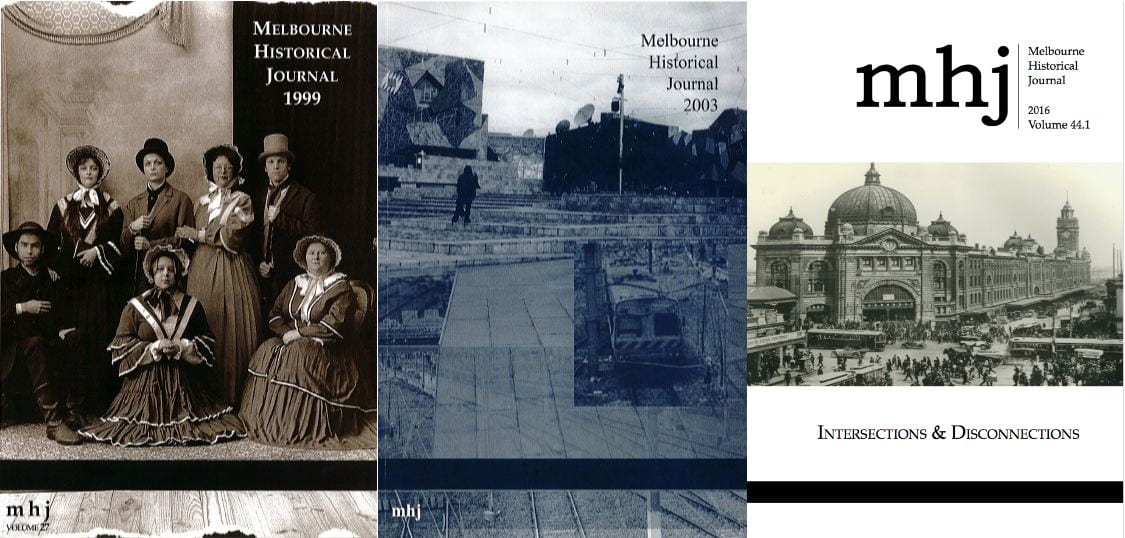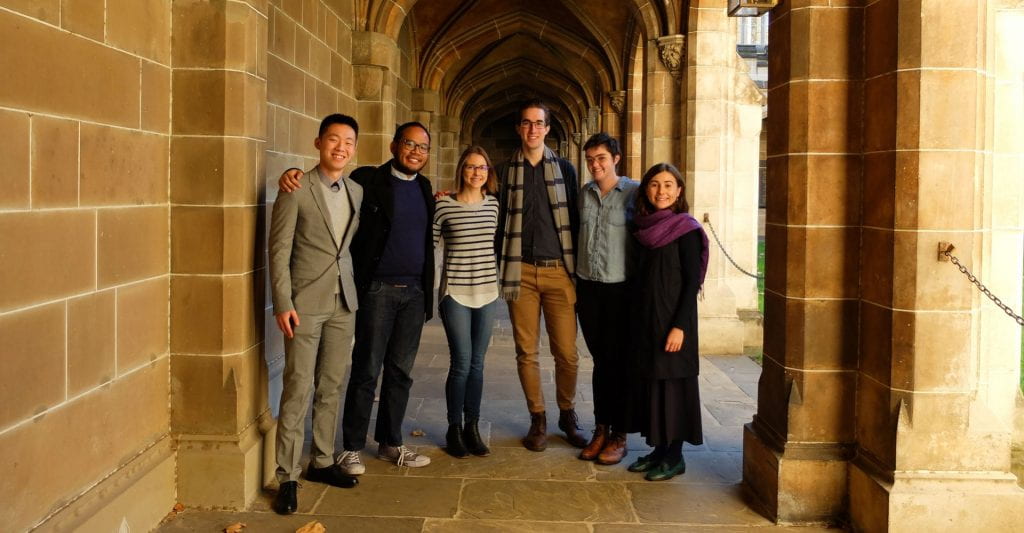
Melbourne Historical Journal
Published since 1961, the Melbourne Historical Journal (MHJ) is a refereed journal that aims to promote and publish new work by postgraduate and early career researchers. MHJ is usually published once a year. We also publish the occasional MHJ Research Series.
The 2019 theme, Narratives and Power, was chosen to turn attention towards the ethical and social impact of historical practice, as well as the changing nature of being a postgraduate student/early career researcher today. Specifically, this year’s collective hope to encourage exploration of the intersection between narrating the past and how this practice is embedded in larger power structures. Through their Call For Papers, this year’s collective intend to encourage reflection on such questions, as well as the nature of historical inquiry more broadly.
Part of our desire this year is to spark conversation and reflection on concerns not usually touched on in conventional academic avenues. In 2019/20 we are committed to foregrounding the role of the MHJ as a political, personal, passionate, inclusive and creative endeavour.
The 2021–2022 MJH Collective consisted of Luke Yin, Jonathan Tehusijarana, Jen McFarland, Max Denton, Jessie Matheson, Stephen Jakubowicz, Bronwyn Beech Jones, Thea Gardiner, Simon Farley and James Hogg
For submissions and further information, head to the MHJ website. For a history of MHJ from 1961 to 1997, see Kat Ellinghaus, ‘Visionary But Noble’ or ‘Groping Hopefully’: Twenty-Five Editions Of The Melbourne Historical Journal‘, Melbourne Historical Journal 25 (1997): 1–7.

